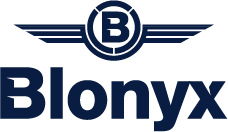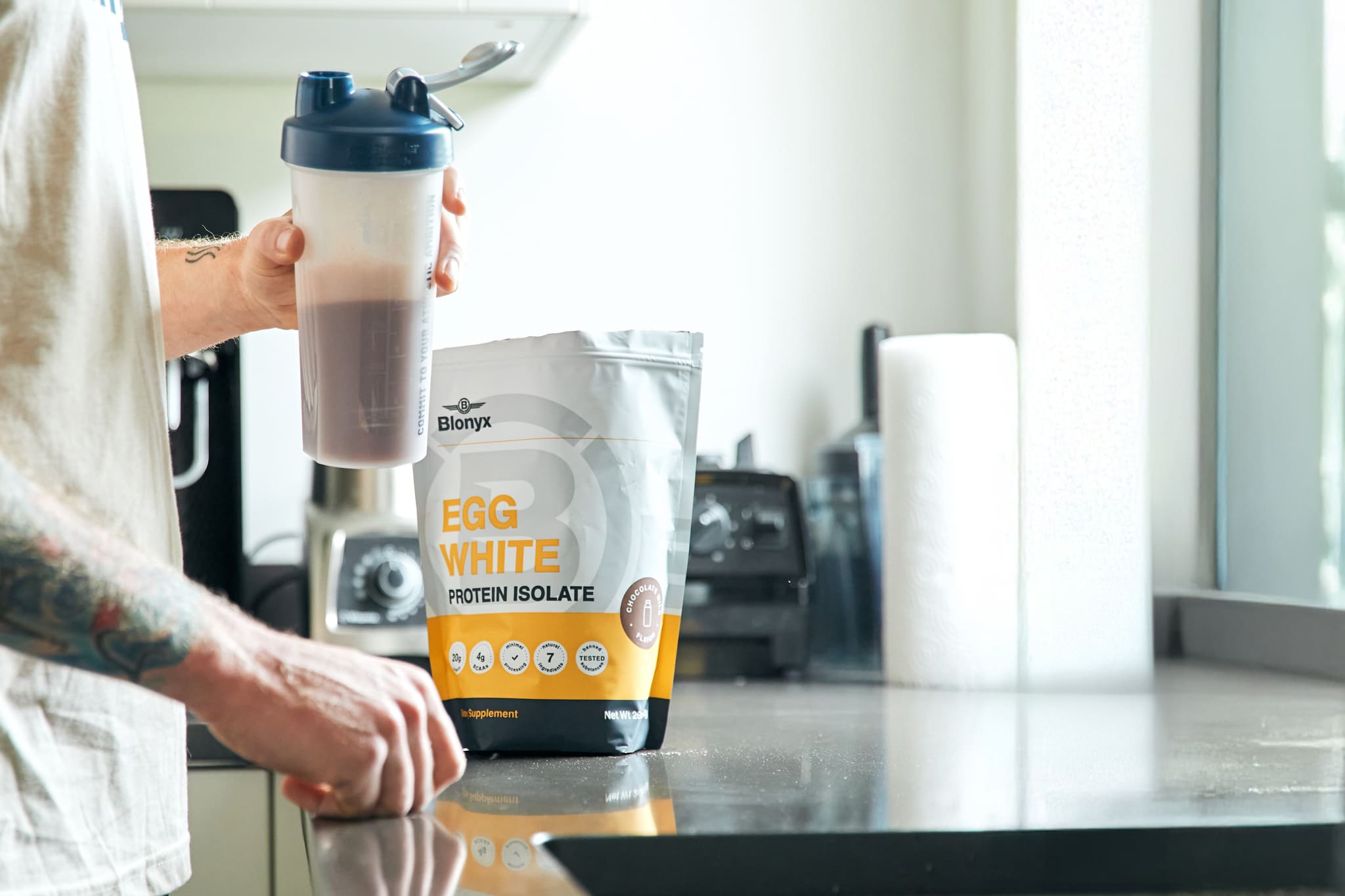Fueling before and after training can make an enormous difference in your performance, recovery, and progress. Whether you’re chasing a deadlift PR, powering through a HYROX workout, or training for a marathon, the right dietary choices—at the right time—set you up to get the most out of every session and recover faster.
In this article, we’ll break down the meals that best support your training on both sides of a workout—those that fuel your body to perform, and those that help you recover, rebuild stronger, and show up ready for the next session.
What you’ll learn in this article:
- How to make your pre-workout meal work for your training goals
- The post-workout nutrition strategies that speed recovery
- Why pairing carbs with protein accelerates recovery and growth
- Which supplements support performance around training and which build benefits over time
What Makes a Good Pre-Workout Meal?
Think of your pre-workout meal as fuel, not just food. The goal isn’t to feel full—it’s to start your workout with full glycogen stores and a steady source of energy to keep you performing at your best.
A good pre-workout meal combines easy-to-digest carbohydrates and a moderate amount of protein. Carbohydrates are your body’s main energy source, especially during higher-intensity or longer sessions. Protein helps reduce muscle breakdown and supports recovery while also stabilizing blood sugar.
What you want to avoid are heavy, high-fat, or high-fiber foods too close to training. They slow digestion and can leave you sluggish or uncomfortable when you start moving.
A few good pre-workout meal ideas include:
-
Oats with banana and a scoop of Blonyx Egg White Protein Isolate
-
Toast with a nut butter of your choice
-
Greek yogurt and fruit smoothies
-
Sourdough toast and eggs cooked to your preference

What to Eat After Your Workout
Post-workout nutrition is about rebuilding and refueling. While the old 30-minute anabolic window isn’t as strict as once believed, it still matters—especially if you’re training again within 8 hours. If you trained fasted or haven’t eaten in hours, aim to eat within 30–60 minutes post-exercise. If you ate before, you’ve got more flexibility.
After training, your body needs to replenish muscle glycogen—the stored carbohydrate your muscles rely on during exercise. Replenishing glycogen not only restores energy but also triggers the hormonal signals that drive repair and adaptation. At the same time, protein provides the building blocks for muscle repair and growth. Hydration and electrolyte replacement keep your system in balance and ensure nutrients are transported effectively into cells.
A good target is 20–40g of protein paired with 1–1.2g/kg of carbohydrates within about two hours. Fat won’t derail recovery, but too much can slow digestion, so it’s best kept moderate.
One simple, effective option is Blonyx Egg White Protein Isolate, which provides a complete, bioavailable protein source without artificial sweeteners or dairy. With 11g of carbs from organic cane sugar, it also gives you a convenient carb boost that pairs well with fruit, oats, or smoothies.
Why Carbs and Protein Together Work Better
Both carbs and protein are critical after training, but together, they’re more effective. Carbs restore glycogen, protein supports muscle protein synthesis, and when consumed together, they enhance insulin response. This helps shuttle glucose into muscle cells faster, accelerating glycogen resynthesis and recovery.
This is especially important if you’re training again later the same day or coming off a particularly hard session. Even before training, the combination can help maintain stable blood sugar and delay fatigue—particularly in fasted workouts. Protein alone supports repair, but pairing it with carbs provides a more consistent supply of energy and improves recovery speed.

Strategic Supplement Use Around Training
Beyond food, the right supplementation strategy can play a supporting role in training and recovery when used strategically. Some are most effective when timed close to workouts, while others need to be taken consistently to build up in your system over time.
-
Caffeine is one of the most proven performance-enhancing supplements out there. Taken about 60 minutes before training, it improves endurance, strength, power output, and mental focus by blocking adenosine receptors in the brain—reducing fatigue and perceived exertion. Aim for 3–6 mg/kg of body weight. For a deeper dive, read more about how caffeine improves athletic performance and the potential downsides of consuming larger doses of caffeine.
-
Beetroot juice is a rich source of dietary nitrate, which converts into nitric oxide in the body—improving blood flow, oxygen delivery, and muscle efficiency. You can read more about how nitrates improve your strength and endurance training but as a general guideline, the International Olympic Committee recommends 400mg nitrates, the same dosage found in Beet It Sport Nitrate 400, 2–3 hours pre-training.
-
Electrolytes and sodium are important as even mild dehydration impairs performance. Sodium supports hydration, nerve function, and glucose uptake. Unlike many sports drinks which are overload with sugar and salt, Blonyx Hydra+ uses coconut water, sea salt, and fruit juice to deliver balanced electrolytes without the risk of overhydration and energy crashes. For more on this you can read about the science of effective hydration and timing.
-
Tart cherry juice like that found in Beet It Sport Regen Cherry+ helps reduce muscle soreness, inflammation, and oxidative stress after training. It’s also been linked to improved sleep quality, making it a great option before bed or after your workout. Read more on how to use tart cherry before and after training.
Not all supplements need to be timed around training to be effective. While these won’t give you an immediate race- or competition-day boost like caffeine or beetroot juice, when used consistently, they build up in your system and enhance your capacity to train and recover over time:
-
Creatine improves strength, power, and recovery capacity, while also supporting brain function and fatigue resistance.
-
Beta-alanine buffers lactic acid in muscles, improving high-intensity performance, but requires consistent use to build up carsonine stores.
-
HMB reduces muscle breakdown and speeds recovery, particularly useful during high training loads or energy restriction.
Explore our full line of research-backed supplements that support performance.
Key Takeaways
The way you fuel before and after training has a major impact on performance, recovery, and how well you adapt to training.
- Eat a balanced pre-workout meal 1–3 hours before training with carbs, protein, and fluids.
- Avoid heavy fats or fiber right before hard sessions.
- Refuel within 30–60 minutes if fasted, or within 2 hours if not.
- Aim for 20–40 g protein and 1–1.2 g/kg carbs post-workout.
- Combine carbs and protein for faster glycogen restoration and muscle repair.
- Use caffeine or beetroot pre-workout to improve performance.
- Use tart cherry and electrolytes post-workout to speed recovery.
- Take creatine, beta-alanine, and HMB consistently for long-term benefits.
Smart nutrition on both sides of your workout helps you show up fueled, recover more effectively, and stay consistent over time. The right timing, the right nutrients, and a few smart supplements make each session count—and keep you progressing toward your goals.
That’s all for this week! If you learned something new and are curious to know more, head over to the Blonyx Blog or our growing list of weekly research summaries where we help you further improve your athletic performance by keeping you up to date on the latest findings from the world of sports science.
Looking for more ways to keep up with Blonyx?
Now, you can join the Blonyx Strava Club to track your progress, share training tips, and connect with athletes who share your athletic ambition.
You can also follow us on Instagram and Facebook for additional sports science information, announcements, exciting giveaways, and more!

